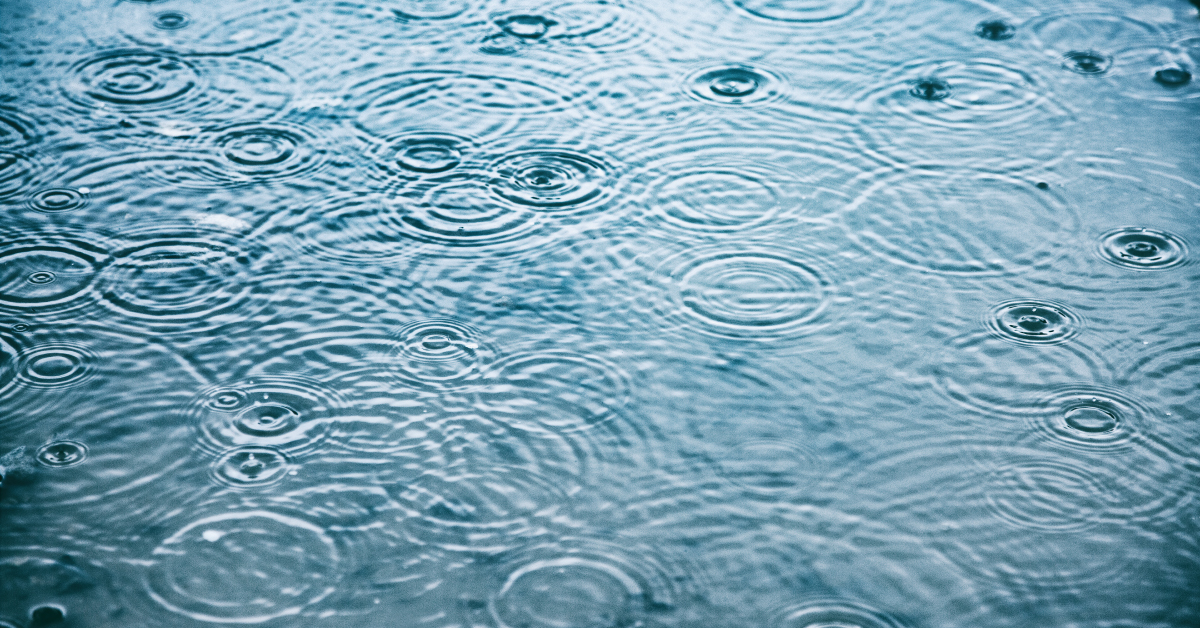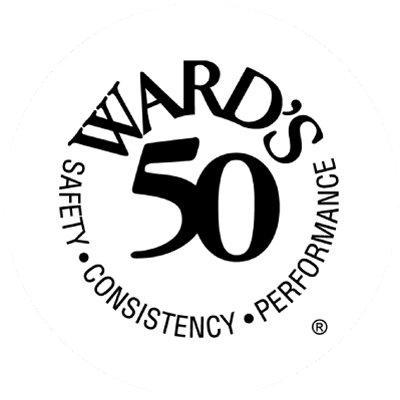
Be Prepared:
- Have a plan for you and your family.
- Know the storm surge risks in your area; learn the storm surge history and elevation of your area.
- Learn about local shelter plans, including the location of official shelters.
- It’s strongly advised to closely monitor and follow local evacuation orders and to follow designated evacuation routes whenever possible.
- Ensure that enough non-perishable food and water supplies are on hand.
- Have at least a one-week supply of medications on hand.
- Obtain and store materials such as plywood, necessary to properly secure your home.
- Clear loose and clogged rain gutters and downspouts.
- Individuals with special needs or others requiring more information should contact their
county emergency management office.
Emergency Supply Kit:
- Flashlights with extra fresh batteries.
- Portable radio with extra batteries.
- First aid kit.
- Fire extinguisher suitable for all types of fires, and easily accessible.
- Store a three-day supply of food for each person. Include food for infants or the elderly, a non-electric can opener, cooking utensils, paper/plastic plates and plastic utensils.
- Store a 3-day supply of water (one gallon per person per day). Keep a disinfectant, such as iodine tablets, to purify water, if necessary.
- Extra blankets and clothing may be required to keep warm. Include sturdy shoes which will protect feet from broken glass and debris.
- Alternate cooking source: Store barbecue, charcoal, starter and matches in the event utilities are out of service, but don’t use these methods of cooking within a confined area.
- Have at least a one week supply of medications.
- Have a crescent or pipe wrench to turn off gas and water if necessary and know the location of the shut off valves.
- Important documents should be stored in a waterproof container. Include the following: insurance policies, medical records, bank account numbers, Social Security card, checkbook, cash, credit cards and ATM cards.
Protecting Your Vehicle from Water Damage:
- Park your vehicle on high ground and away from trees.
- Avoid driving in flooded areas.
- Keep the gas tank full.
- Keep a blanket and first aid kit in your vehicle.
- If your vehicle floods, have a mechanic inspect it before restarting it.
A Special Word on Pets:
- Make plans now on what to do with your pets if you need to evacuate. Remember, public health regulations do not allow pets in most public shelters. Most hotels and motels are not required to take pets unless they’re service animals. Save yourself time and heartache and locate several “pet friendly” hotels in and out of your area ahead of time, or identify friends or relatives outside your area where you and your pets can stay.
- If there is a disaster pending, evacuate early with your pets; don’t wait for a mandatory evacuation order.
*This article was originally published on September 6th, 2019



